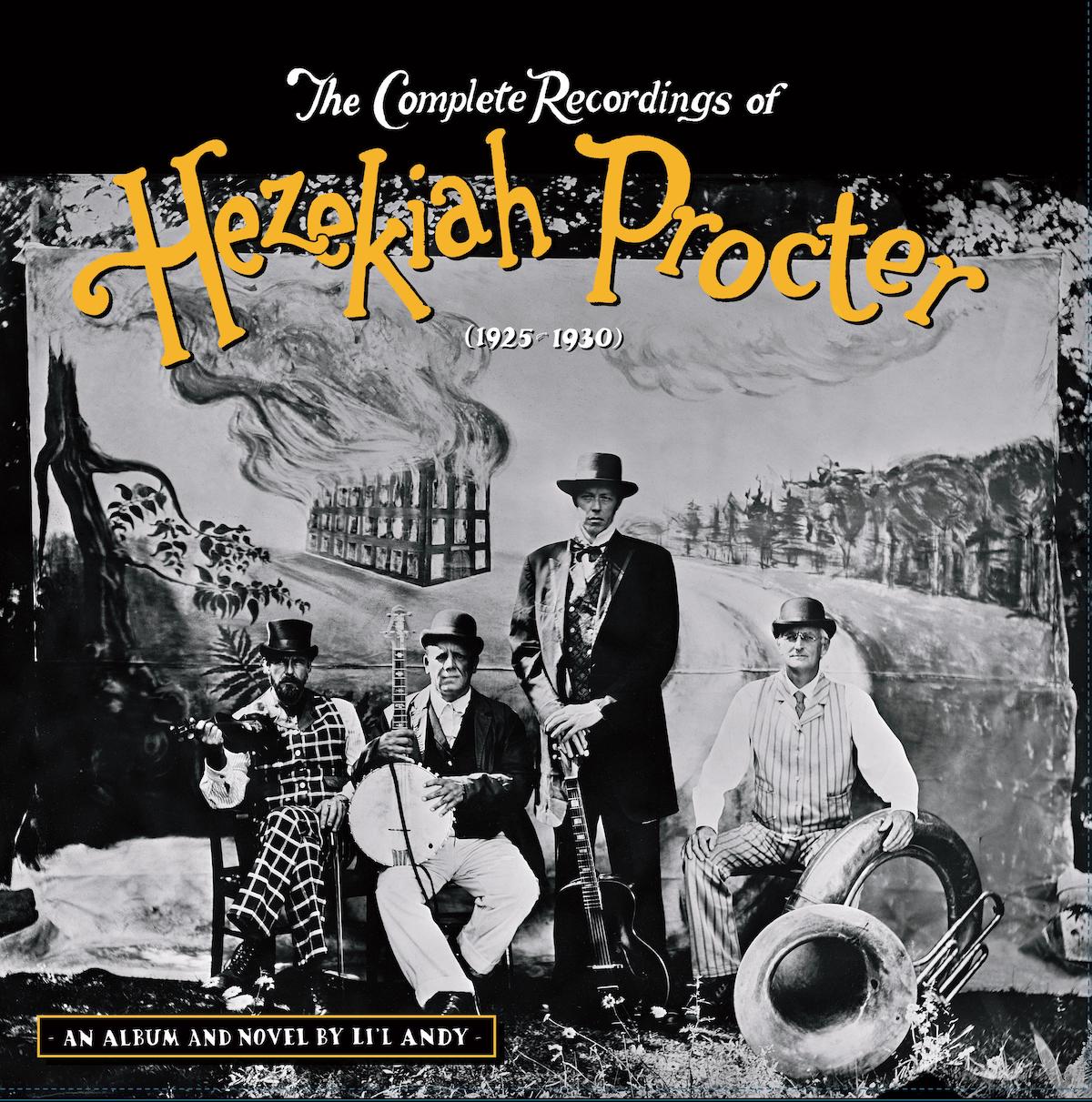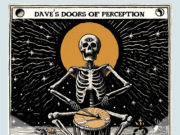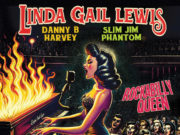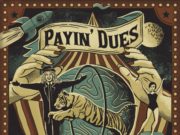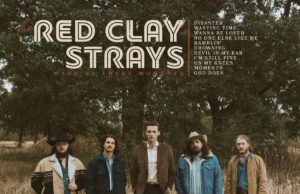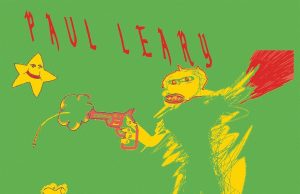Li’l Andy introduces us to the immortal sounds of enigmatic roots-music pioneer Hezekiah Procter with his old-timey single and video I See Jesus Comin’ Down The Road — premiering exclusively on Tinnitist.
A scratchy-sounding side of vintage gospel-blues captured on a wire recorder and rendered on fiddle, banjo and four-string tenor guitar, I See Jesus Comin’ Down The Road has all the hallmarks of a long-lost cut pulled from the venerated vaults of Paramount, Vocalion or Okeh Records. And the mysterious Procter — a cantankerous, talented, self-destructive and possibly homicidal medicine-show singer who is now the subject of a box-set anthology and companion memoir — could easily be the musical discovery of a generation. Except Hezekiah Procter never existed.
“He’s a completely fictional country musician that formed in my head over the past 10 years,” reveals Montreal singer-songwriter Li’l Andy, the acclaimed, adventurous artist behind The Complete Recordings Of Hezekiah Procter (1925-1930), a multi-media project that combines music, history, fiction, biography and performance art. Featuring a two-disc, 29-song set of tracks painstakingly recorded on analog tape and wire recorder, along with a 150-page novel telling the story of Procter, the project is another stunning example of Li’l Andy’s boundless artistic ambitions and pure love of early North American roots music.
It’s a love that took root early. “As soon as I started playing guitar when I was 11, I loved listening to Hank Williams, Jimmie Rodgers and Charlie Poole. I got sucked in as much by the music as their stories, the mythologies that built up around them. What made them burn out and fade away so young, so sadly, so mysteriously? That made me wonder: Could you create some kind of über-roots musician, that kind of untrained, self-destructive genius who makes a handful of great recordings, then disappears from history so that 78 rpm collectors and archivists obsess about him?”
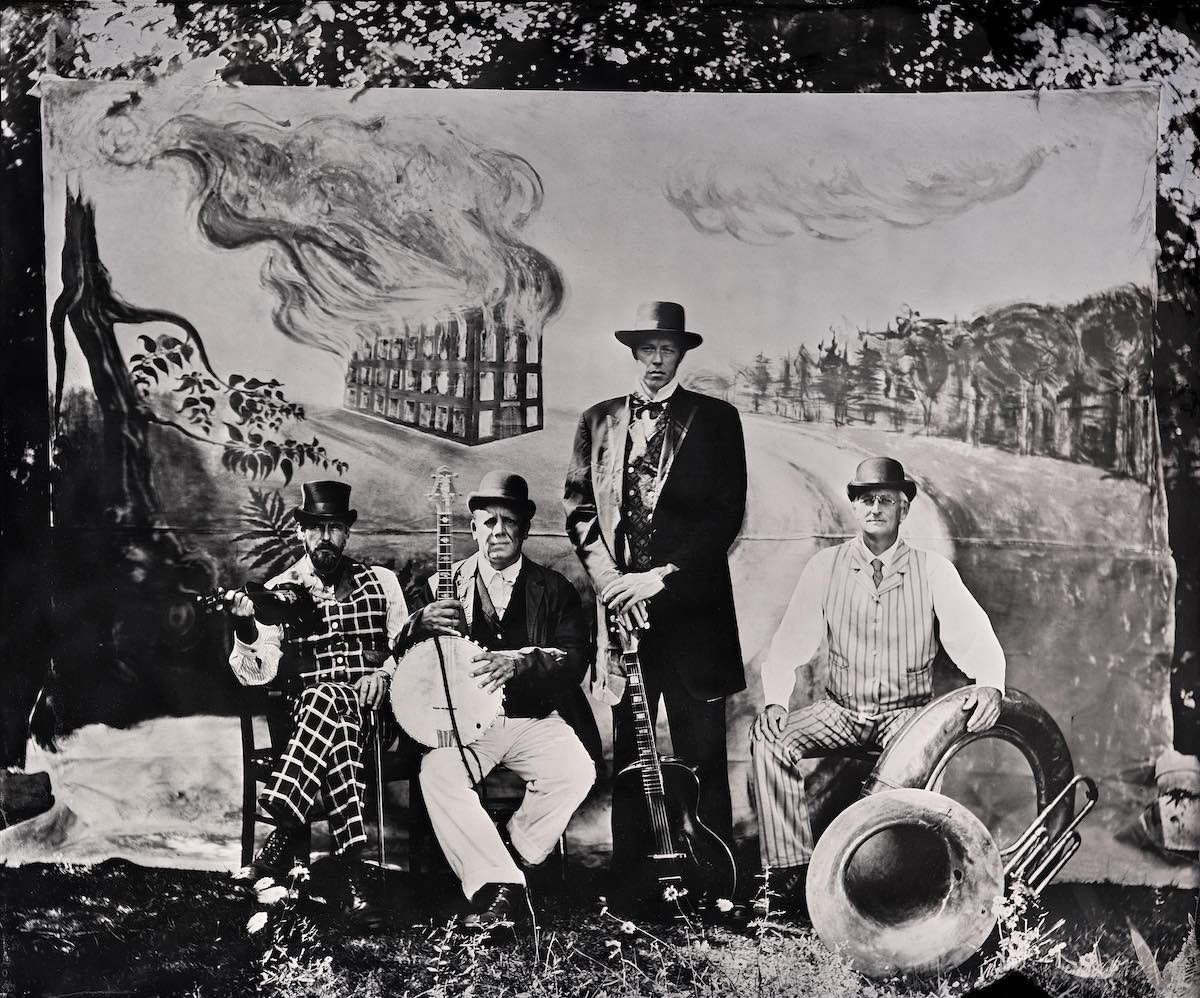
Thus Hezekiah Fortescue Procter was born. “He’s a medicine-show performer from the 1920s, one of those singers who was there when phonograph companies began recording ‘hillbilly’ music, a folk hero, a Marxist who writes union ballads for striking labourers. He’s also maybe a sellout and a murderer,” teases Andy. “Once he formed in my imagination, I began to write songs as him. And while I wrote those 30 or so songs, I realized I had to write his life story to understand him more. So I wrote a biography of him, which took the form of fake liner notes to a box set of his collected recordings. That grew into 150 pages. And while recording I began acting as Hezekiah, developing his vocal mannerisms and archaic guitar style. So now, when I perform live, I am him. In my singing, the banter between songs, everything. It’s old-time country performance art. It’s extreme vintage recording. It’s experimental fiction.”
For Andy, it was also an escape from pandemic doomscrolling. “When COVID hit, I suddenly had a lot of time to just sit in my studio and write. So the liner notes became a novel. And the songs became a part of Hezekiah’s life story. And writing songs as Hezekiah became a madcap quest to find functioning recording gear from the ’20s or ’30s so we could make an album that sounded like old 78 rpm records,” he says. “I hate modern, digital recording anyway — it’s too clean and transparent — but to use it on this project in particular would’ve ruined it … I talked with archivists at the Smithsonian in New York. I wrote to 78 rpm record enthusiasts in England and Germany who still cut to wax or lacquer. But nothing I heard sounded really good. I think that recording on that gear is a lost art, sadly.
“At practice one day, I was complaining about it to my drummer, Ben Caissie. And he said, ‘You should try a wire recorder!’ I hadn’t heard of a wire recorder, but Ben explained: ‘It’s this machine they made in the 30s. It records on a reel-to-reel like a tape machine, but instead of tape spinning by, it’s this razor-thin band of steel wire. It’s steel, so it doesn’t degrade and become unplayable over time like tape.’ That sounded promising. But we didn’t have one. Ben set up a Kijiji alert for ‘wire recorder’ and after about a year, he saw one listed for sale in Quebec City. That night he hops in his car, drives to the address the guy gave him over the phone, and arrives at this huge cathedral. The guy selling it was the caretaker of a Catholic church and they’d used the wire recorder to record sermons in the ’30s and ’40s!
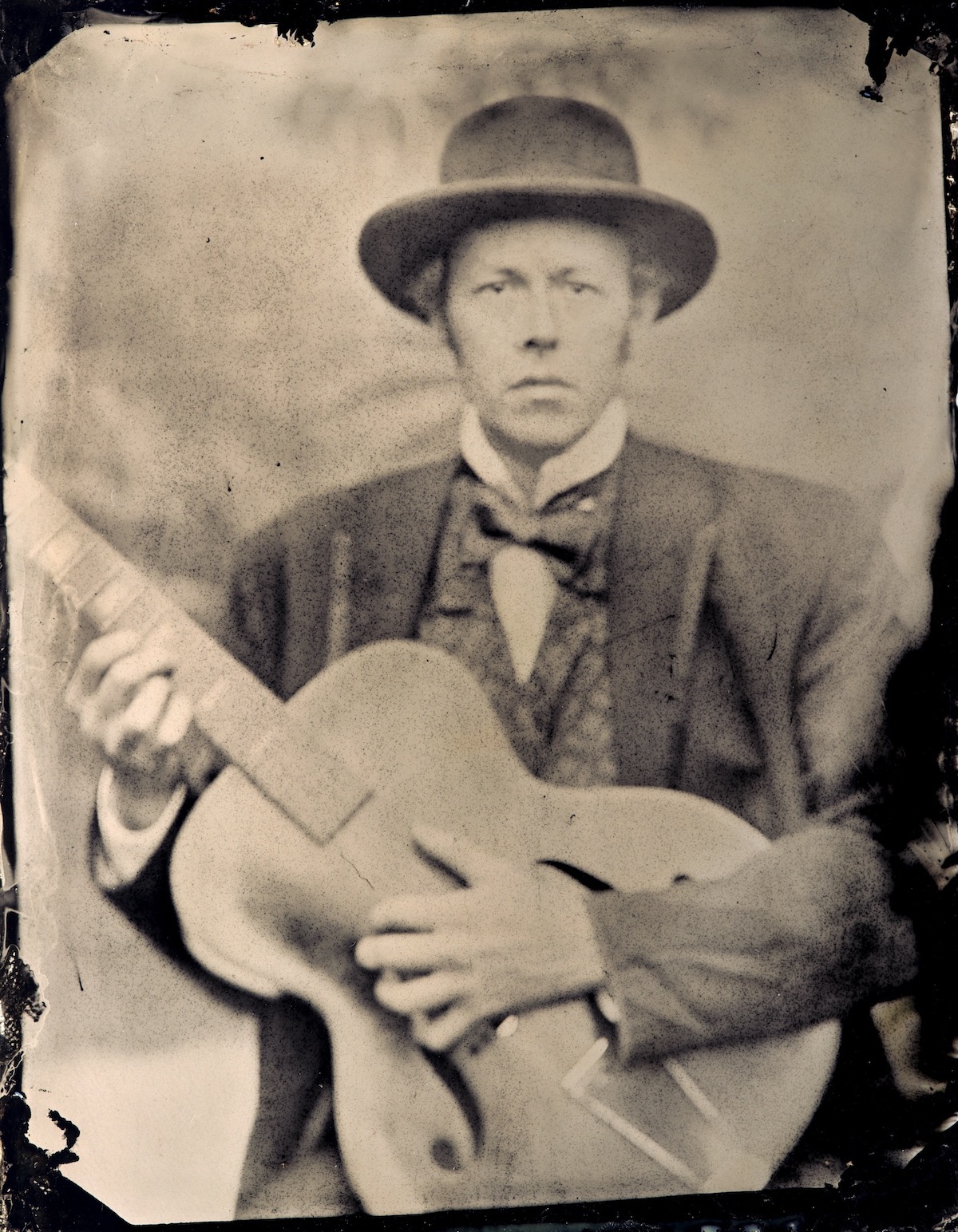
“Ben bought their 1937 Webster-Chicago wire recorder, and when he was leaving, the caretaker said: ‘Here, you might as well take these too!’ and gave him dozens of wire reels to record on. So that’s what we recorded the takes on: we taped over hours of sermons to make this album. Between takes, we’d listen to the voice of a Roman Catholic priest sermonizing in French as we cued up for the next song. The other challenge was writing songs and a novel at the same time. It made the revision process dizzying, a minefield. Every time I changed a line in a song, I’d have to go back to the novel and change something in the text. Every time I changed something about Hezekiah’s character or backstory, I’d have to think: ‘OK, does that make any of the references or lyrics in the songs ring false?’ It was a constant back-and-forth for months and months.
“The most rewarding thing about this album was realizing that I can write songs as another person, from a point of view other than my own,” Andy says. “I started writing songs when I was 11, and I quickly got bored with the idea that a singer-songwriter has to pour out their ‘deepest, darkest feelings’ in their songs and write heart-on-sleeve lyrics, as people say. Getting away from that cult of authenticity, which we totally fetishize in folk music, has been liberating. Particularly today, when “authenticity” is just another marketing strategy, be it in country music or on Instagram. We shouldn’t be asking: “Is this artist the ‘real deal’? Do they have the correct life story and background to play this music?” We should be asking: ‘Are the songs good?’
“That’s what The Complete Recordings of Hezekiah Procter is all about. Saying, ‘Is this idea of authenticity getting us anywhere closer to making good music, good art?’ Or is it possible to make good art from a point of view that’s completely fabricated and imagined? As a guy from Montreal in 2022 imagining the life of a stringband musician from 1920?”
Judge for yourself: Watch I See Jesus Comin’ Down The Road above, compare the wire recorder and tape versions below, and meet Li’l Andy at his website, Instagram and Facebook.

